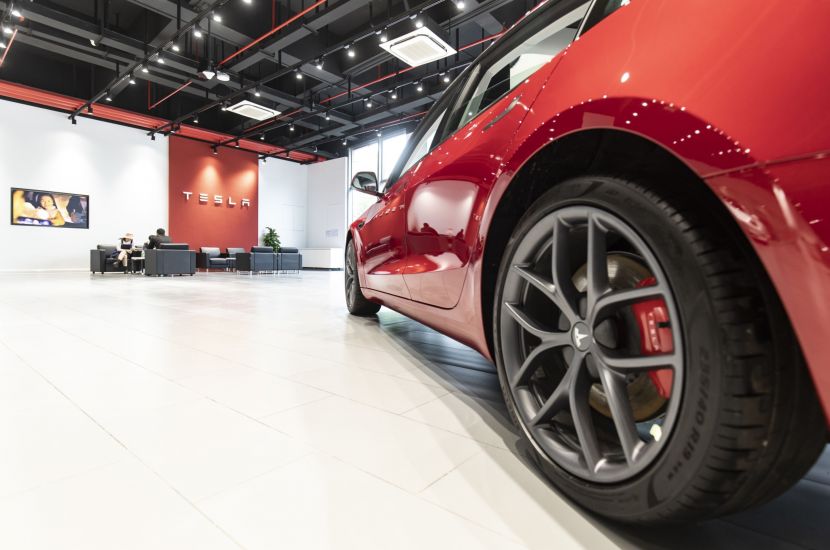Are Chinese manufacturers able to prove themselves to the world?
It is worth reflecting on how we got to the current situation, where for most of the last decade there has been a debate about whether Chinese manufacturers have been able to establish themselves in the global market. These discussions have taken a somewhat theoretical direction in light of the inability of Chinese producers to control even their domestic markets.
In 2015, 66% of all vehicle sales in China came from joint ventures between domestic and international brands. Even entering the United States or Germany seemed like a breakthrough.
Electric cars are reversing a situation in which many Western brands have sat idle and spent years battling strict fuel cap regulations. China has built its electric car industry through orders for the government’s transportation fleet, supply-side subsidies and incentives, as well as heavy investment in charging infrastructure. China controls about 60% of all EV sales, with a larger share of battery supply chains.
High battery prices threaten the switch to electric cars
Most of China’s EV exports are in the higher price range of the market, but that could change. Increasingly traditional Western automakers are trying to reach the top of the market to sell more premium cars. Some are abandoning the passenger car segment altogether to focus on more profitable SUVs and trucks.
This trend makes sense in terms of profitability, but creates a huge gap in lower marketing segments that Chinese automakers could be trying to fill.
China has a real competitive advantage in terms of prices. A Bloomberg NEF lithium-ion battery price survey shows that the battery pack is 33% more expensive in Europe and 24% more expensive in the US than its counterparts in China. The average price of a battery electric vehicle in China in 2021 was $26,500, which is two-thirds less than the average price of a battery electric vehicle in Europe and half that of the United States.
BMW is investing $1.7 billion in electric car development
Real demand for electric cars
The continued reluctance of traditional automakers over the past decade is set up so that they will rapidly ramp up production and dominate the market once there is real demand for electric cars. It didn’t work out that way in the world’s largest car market. Rechargeable electric vehicles now account for about 30% of the total sales volume in China. Global companies, with the exception of Tesla, have a small share of these sales and it continues to decline.
Traditional automakers now generally talk about competing for second place, succeeding or overtaking Tesla later in the current decade. Even this possibility shows a BYD blind spot in this view. BYD is racing to sell two million plug-in electric cars this year, with a goal of selling more than 3 million in 2023. That far exceeds what traditional Volkswagen is likely to achieve in the same year.
Read also: America and Europe avoid a trade war to subsidize electric cars
All of the above does not mean that the way is paved for Chinese brands to global markets, but rather that gaining consumer trust, brand recognition and gaining market share takes time. In addition, it is still difficult to make high-quality cars.
However, study after study reveals that consumers who own electric cars really like them and that markets have their own ways of getting what they want. And recent export data proves it.
